Egypt private equity fund opens office in Nairobi
- Business Daily
- 29 December 2009
Citadel Capital will deploy significant capital across East Africa in 2010 in sectors spanning from agriculture to consumer foods.

Citadel Capital will deploy significant capital across East Africa in 2010 in sectors spanning from agriculture to consumer foods.

"On today's Human Rights Day, we demand that States fulfill their obligation to respect and protect the right to food of their citizens and abroad by preventing large scale land grabbing" says Sofia Monsalve of FIAN International.

After signing a 25-year lease from Kenya's Lands Ministry in Nairobi, Burgess made auxiliary payments to various groups to ensure that the plan could continue unhindered. Unfortunately, the people of the Luo tribe and members of other tribes in similar situations are unhappy.

While Dominion Farms is honored that Business Week saw our company as a global front runner in doing business in Africa, we are disheartened by the lack of commitment to the true story of Dominion Farms.
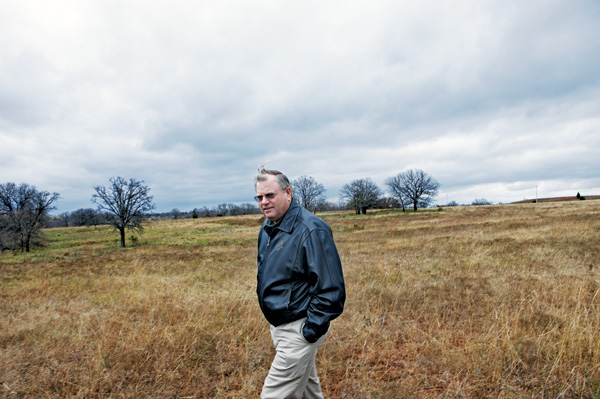
Agribusiness and global investors are scooping up farmland. Are corporate farmers the new colonialists? asks BusinessWeek
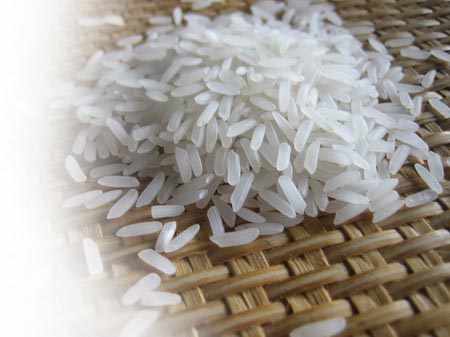
Stephen Murphy, managing director of institutional fundraising, said the firm had eyed agriculture and infrastructure investments in Uganda.
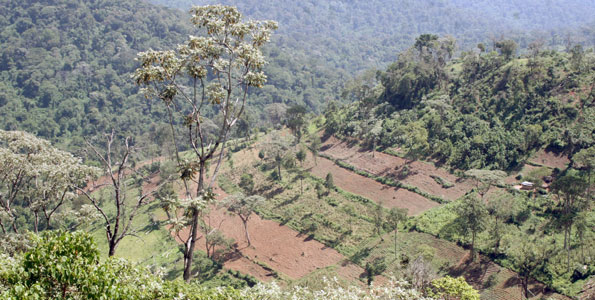
The plan to create a land bank brings back memories of the fury that greeted proposals by the Qatar government to buy 40,000 hectares in Tana River for agricultural purposes in exchange for $3.5 billion for the Kenya government to build a second deep-water port in Lamu.
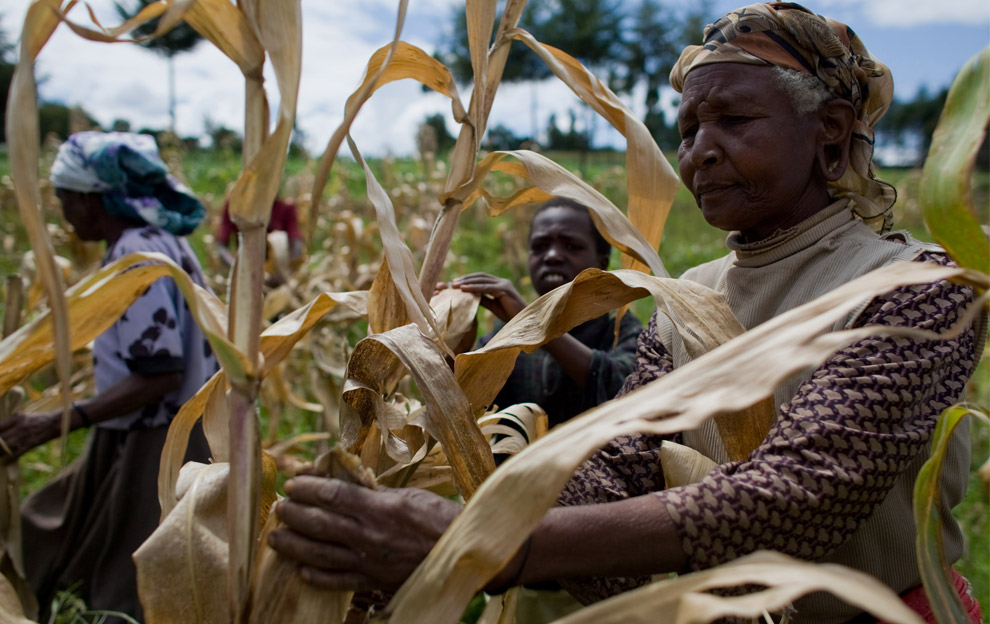
Foreigners and foreign companies will also not be allowed to own land in the country but can acquire leaseholds not exceeding 99 years, the draft says.
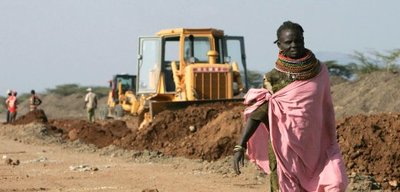
No deal was ever secured with Qatar, and China is now being eyed as a more appropriate suitor for the project.

Par ailleurs, le Premier ministre du Kenya, Raila Odinga, déclare que la nouvelle politique agraire s'attaquera à la question de l'accaparement des terres et autres mauvaises pratiques dans le cadre de l'administration des terres du pays.

Citadel, which also announced on Tuesday that it was investing in 500,000 feddans (210,000 hectares) of farmland in Sudan, is also looking to potential investments elsewhere in Africa: Uganda, Kenya, Ethiopia.
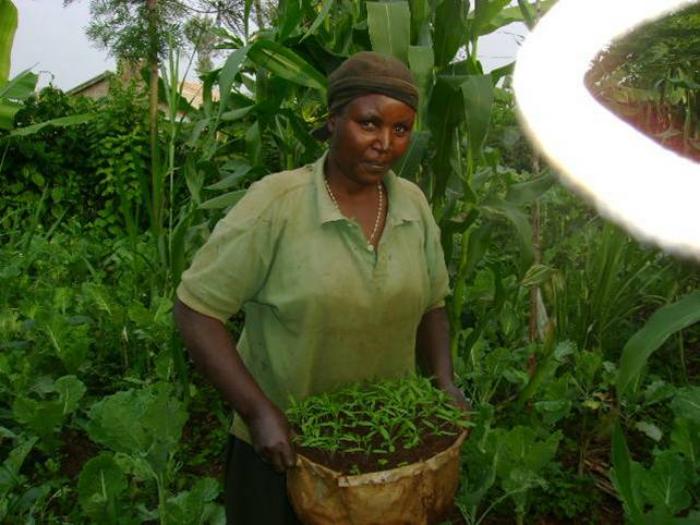
Small scale farmers have accused the Kenyan Government of failing to act to address persistent food insecurity. They also opposed the leasing of agricultural land to foreigners.